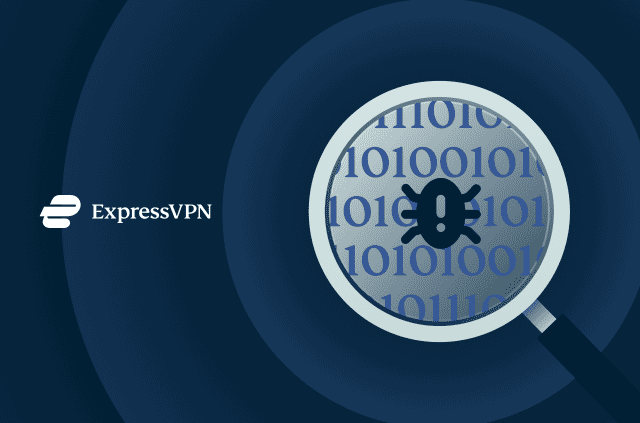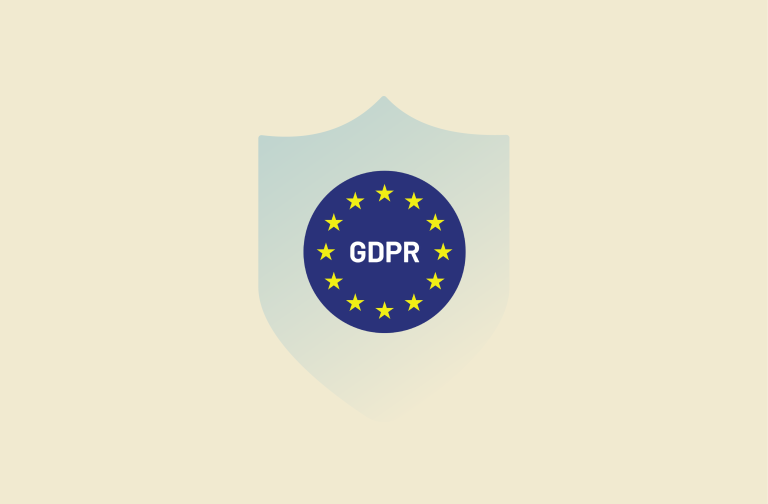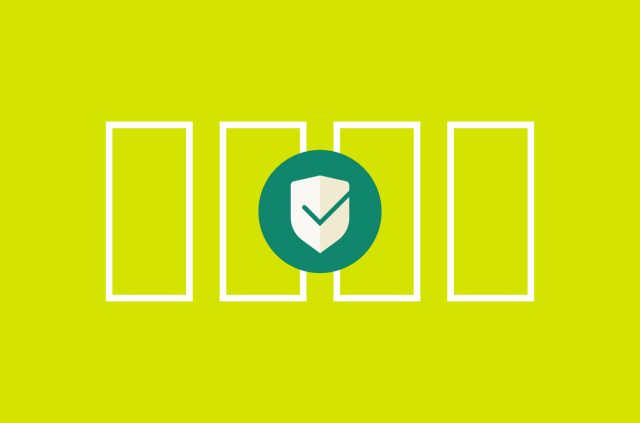French Parliament votes in favor of new surveillance powers


At a time when lawmakers and citizens in the US are questioning the sweeping surveillance powers introduced after the terror attacks of September 11, 2001, the French government has dramatically swung in the opposite direction, handing itself far-reaching and highly intrusive snooping powers.
A new bill, which was first mooted last year, was given fresh impetus in January after the attacks in Paris which left 17 people dead at a kosher grocery store and at the offices of satirical magazine Charlie Hebdo.
When the new legislation was presented to the lower house of the French Parliament on Tuesday, it was approved as MPs voted 438 to 86 in favour, despite last-minute protests from civil liberties groups who had campaigned under banners declaring “24 hours before 1984” - a reference to George Orwell’s famous book about life under an all-seeing, all-knowing dictatorship.
Despite some opposition from green and hard-left MPs, as well as a few Socialists, the bill passed, thus handing the French government the tools it says it requires to prevent further Islamist and other terrorist attacks.
The new law will give intelligence agencies the power to spy on mobile and other digital communications of any individual linked to “terrorist” activity – something that sounds quite reasonable at first glance - but it comes with no judicial oversight in place. Thus critics have pointed out how the authorities can now force ISPs and telecoms companies to hand data over upon request, without ever requiring authorisation from a judge.
Furthermore, intelligence agents will be allowed to place cameras and other recording devices in private homes as well as place keyloggers on devices in order to capture everything typed on them in real time. Authorities will be allowed to keep full recordings for a period of one month and metadata for five years. Controversially, the new law will allow data to be captured from both foreigners and French citizens alike.
Another, even more controversial, aspect of the new bill is the provision for hoovering up metadata from the internet, an act which will give the authorities an idea of who is communicating with who, where from and when. Though the content of the messages will not be initially available to intelligence agents, they will have the ability to analyse the data for suspicious activity and then follow up by requesting deeper surveillance of suspects via an independent panel.
French Prime Minister Manuel Valls defended the new law, highlighting how the last round of intelligence legislation dated back to 1991 when cell phones and internet usage were in their infancy. He described the new powers as “necessary and proportionate” in the face of increased extremism, saying that comparisons with the US Patriot Act were unfair and that suggestions of mass surveillance under the new law were a lie.
Valls attempted to appease fears over the far-reaching powers by reassuring French citizens that they would only be used in a targeted manner and to protect them from the threat of terrorism, saying that “The means of surveillance for anticipating, detecting and prevention of attacks will be strictly limited”.
Critics of the new legislation include the terrorism judge, Mr. Trévidic, who has appeared on national television to describe the lack of judicial oversight as “dangerous”.
The only form of control will come in the form of a 13-member National Commission to Control Intelligence Techniques consisting of three senators from the upper house of the French Parliament, three members of the National Assembly and six magistrates from the Council of State and the Court of Appeals. Joined by a technical expert, the commission would have to approve any new surveillance requests but there are concerns over a provision that allows the prime minister to arbitrarily overrule any decision it makes.
Outside of the government and legal profession, dissenting voices come from hundreds of internet companies including web hosts, e-commerce sites and others who have claimed the new law will damage their livelihoods, and the French economy as a whole, as international customers re-evaluate doing business in a nation which cannot guarantee the confidentiality of their communications.
The new bill, which now heads to the Senate where it is likely to pass, has been introduced at a time when governments around the world continue to struggle with new forms of communication and the need to protect their interests from a new breed of terrorism.
Nations such as Australia have also strengthened their surveillance capabilities recently but the US and some European countries are under increasing pressure to cut back on snooping in the wake of Edward Snowden’s revelations about the NSA.
Featured image: Suzy Dubot / Public Domain Pictures.net
Take the first step to protect yourself online. Try ExpressVPN risk-free.
Get ExpressVPN



















Comments
Excellent coverage of the event! As a French citizen, I'm really ashamed to witness of such a liberty killer decision from our government. I am even more ashamed when you realize than most of the people who voted in favor of the law don't even understand its implication: they wanted to take the Internet from us and we gave it up willingly... I guess they gave us little choice but to use work around. I hope the next government will do the right thing. A still hopeful French citizen ;)